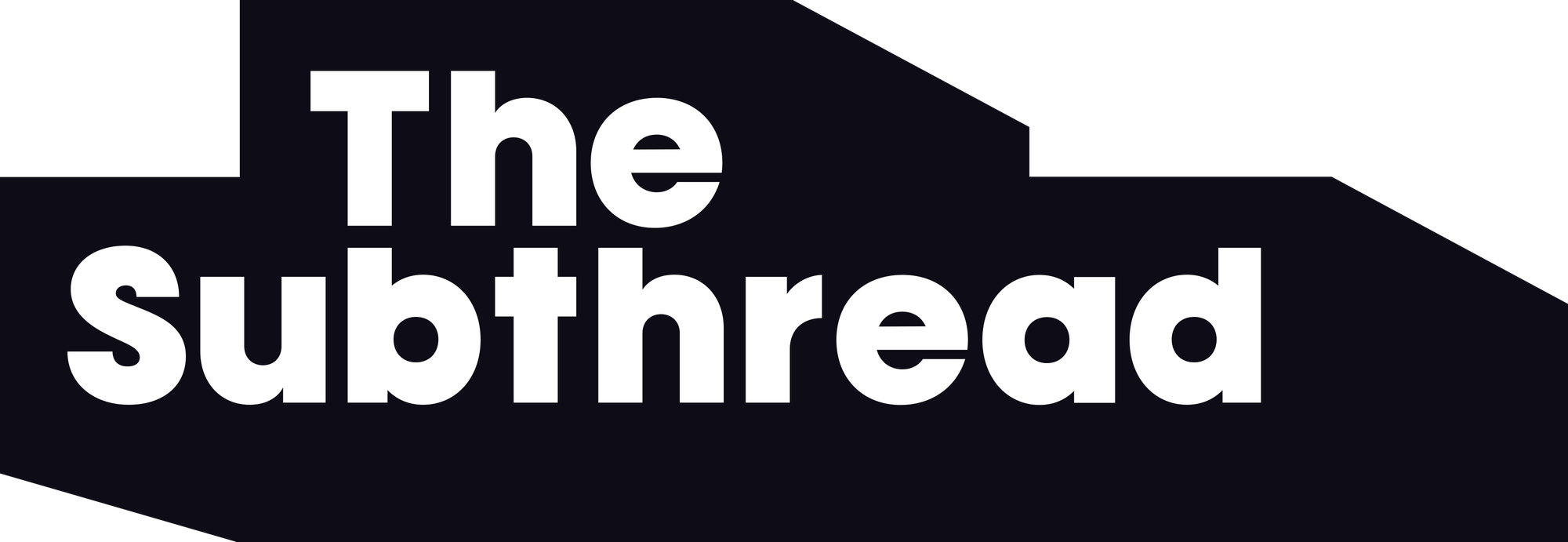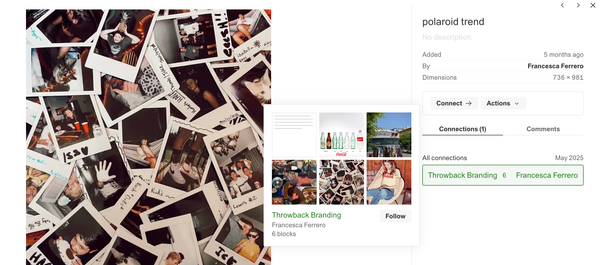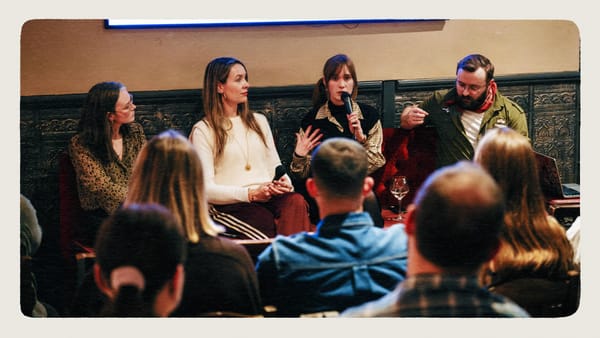We all know quite a bit about how humans interact with websites, and how to design for them. But agents are a different matter. The underlying technology is shrouded in mystery. What do they like? What do they care about? How do we get them to find us, and then use our website to do the things we want them to do?
This is the wild west, with fast‑evolving terminology and few established best practices. Confusion is inevitable. But there are two core ways to consider the impact of AI on your website.
First, how is your content surfaced in AI tools like ChatGPT or Claude? How do you optimize your website so that your brand shows up for the right queries in the right way? This has come to be known as Generative Engine Optimization, or GEO. There’s a fair bit of information out there on this already (Hannah Bowler’s article on this very site is a good place to start), but this is essentially a similar discipline to SEO, and has similar principles. Without wishing to minimize the impact of a whole new set of challenges and problems, this change feels relatively incremental to me.
Second, and perhaps more profoundly, there’s the challenge of optimizing your site to enable AI agents to browse it, take actions, and complete tasks on behalf of the user. AI agents are a fast‑emerging technology that promises to fundamentally change our relationship with the internet. While the tech is still in its infancy (it’s often slow, imperfect, and frustrating), the potential is huge.










